Remaking the case for rail: Restoring confidence, accelerating delivery and unlocking regional potential
The UK rail sector is navigating a period of significant change amid growing challenges. With planning delays, funding gaps and shifting priorities placing increasing pressure on delivery, there’s a renewed need to make the case for rail – not just as a mode of transport, but as essential national infrastructure that drives regional growth, supports climate action and connects people to opportunity.
At TransCityRail North 2025 in Manchester, I took part in a leaders’ debate alongside Rachelle Forsyth-Ward from the North East Combined Authority and Ian Walters from SLC, exploring how the sector can respond. Together, we discussed how to move beyond key barriers and make sure rail remains central to the UK’s transport strategy, net zero ambitions and wider regional transformation.
Our discussion focused on two priorities that I believe are critical to progress: restoring confidence in delivery and accelerating schemes through smarter, more strategic planning. Both are essential if we’re to rebuild trust, attract sustained investment and ensure rail delivers lasting impact where it’s needed most.
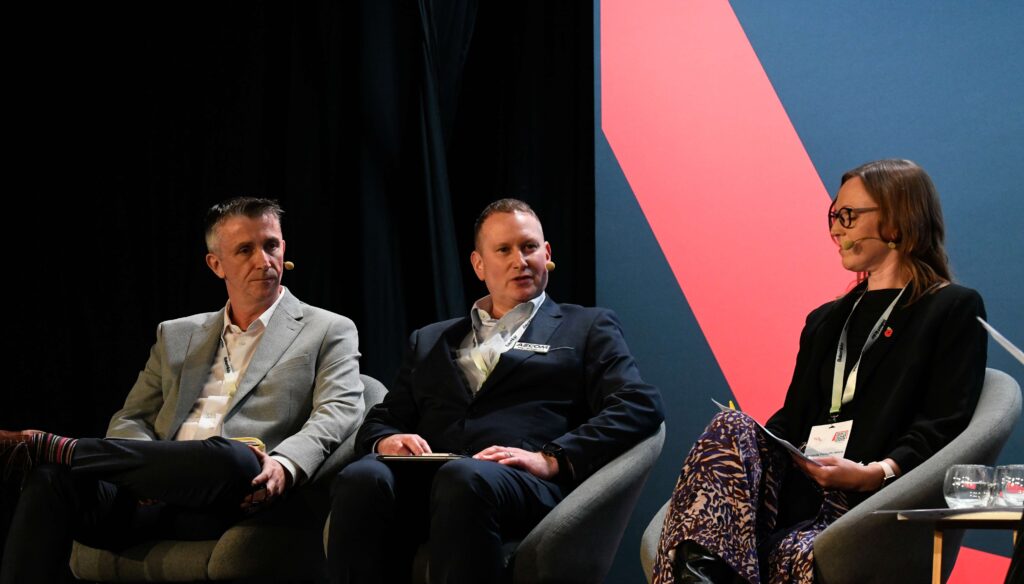

Restoring confidence in delivery
As an industry, we often talk about restoring confidence in delivery. But to do that, we need to be honest about how programmes are planned and where things can go wrong.
One of the biggest risks to confidence is the influence of political cycles. For example, key milestones for major projects can be dictated by the timing of elections, which removes the ability to plan properly and does not take account of the realities of complex delivery.
There is nothing wrong with wanting faster, more efficient delivery – we should all aim for that. But problems arise when the pressure to move quickly compresses project development and planning, delays land access or skips enabling works. Rather than saving time, this simply pushes risk into later stages, where it becomes more costly and harder to manage.
To change that, we need to plan with honesty and realism – setting schedules that allow time to plan properly, which will then give the best chance of successfully delivering an accelerated construction phase, while identifying the works that can be advanced early. This is where ‘no regrets’ or enabling works have real value. Activities such as utility diversions, land purchases and site access can progress ahead of detailed design, helping to reduce risk and get the visible elements of programmes moving.
Accelerating delivery through smarter planning
Restoring confidence and accelerating delivery go hand in hand. Once we’ve rebuilt trust in our ability to plan and deliver realistically, the next step is ensuring that momentum continues – and that means planning smarter.
Across the industry, there is clear ambition to deliver faster, supported by initiatives like Project SPEED, which aims to shorten delivery times and reduce unnecessary delays. But major projects must still navigate statutory consenting processes such as the Transport and Works Act Order (TWAO) or Development Consent Order (DCO), which largely sit outside programme control and don’t necessarily follow fixed timelines. What we can control is how we plan, phase and structure delivery from the outset.
On the Northumberland Line – a major programme reintroducing passenger services between Ashington and Newcastle – early planning was challenging because the programme was initially tied to a politically driven delivery date. However, the early contractor involvement model, bringing AECOM, Morgan Sindall Infrastructure and Northumberland County Council together from the start, meant we could work collaboratively to standardise station designs wherever possible and finesse the land acquisition requirements.
We were also able to take advantage of Network Rail’s Central Rail Systems Alliance (CRSA) track framework, enabling ‘no-regrets’ track renewals to begin long before the final business case was approved.
The consistency in station design allowed us to learn from the first stations delivered and to refine the construction methodology as the programme progressed. By the time we reached the later stations, delivery was smoother, handover issues had reduced, and the programme was far more predictable – showing how lessons learned early on can translate into faster, more efficient delivery.
Once we’ve rebuilt trust in our ability to plan and deliver realistically, the next step is ensuring that momentum continues – and that means planning smarter.
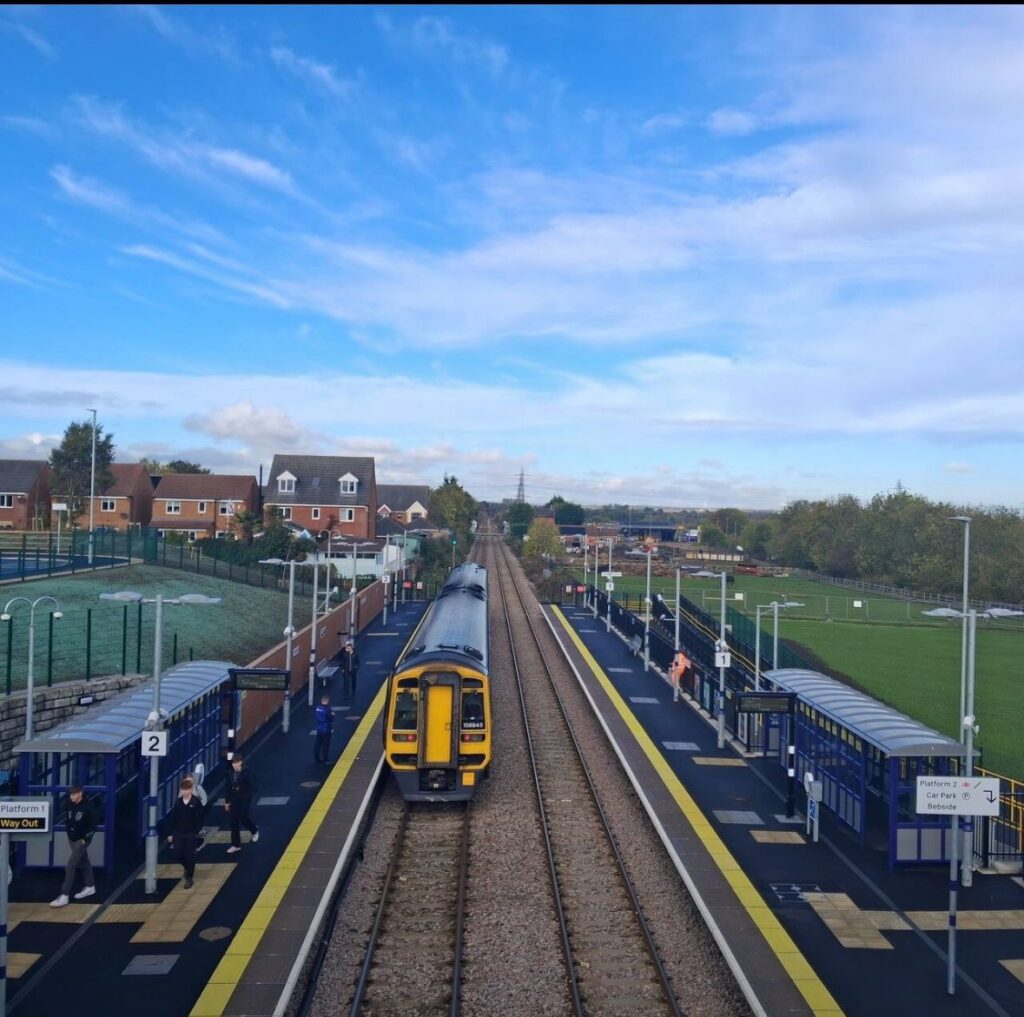
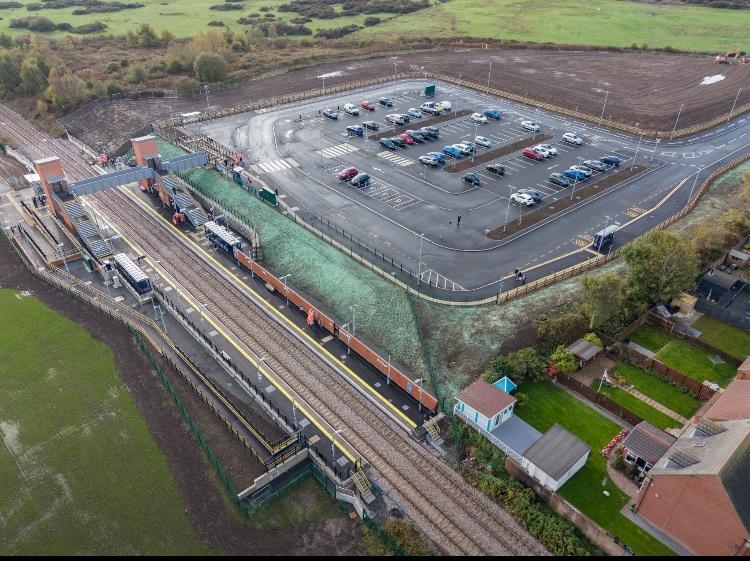
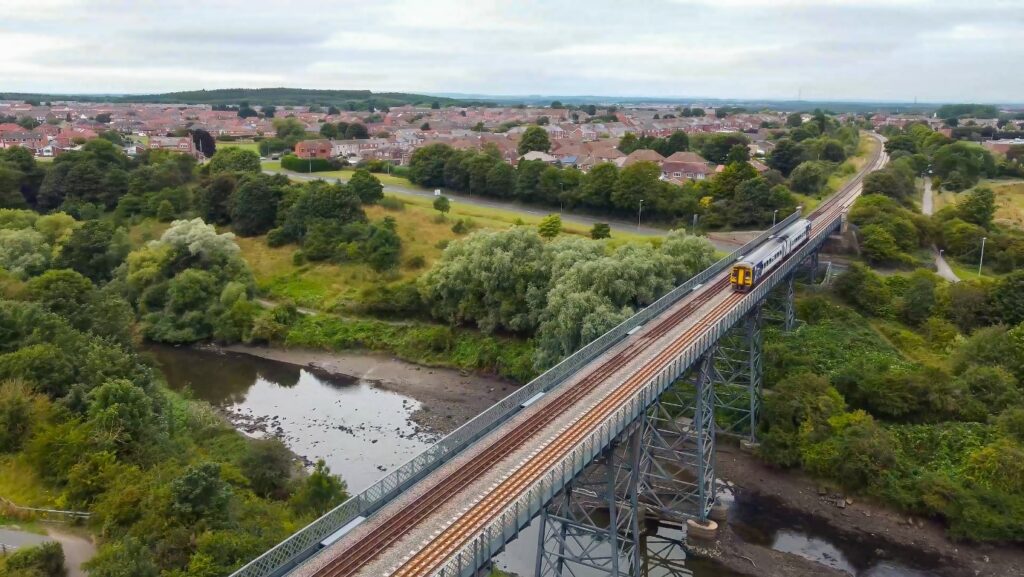
Collaboration and lessons learned
The Northumberland Line has become a blueprint for delivery across the rail network. Our work on standardised station designs has been shared with others across the industry, including Network Rail’s Wales & Western region, where new stations around Cardiff are adopting similar methods.
Our comprehensive lessons learnt continue to draw the attention of others in the planning phase of major projects and programmes. For example, we recently welcomed the East West Rail (EWR) team to the Northumberland Line to share our approach. EWR – a new railway line linking communities between Oxford and Cambridge – shares many of the same aims as the Northumberland Line, from cutting travel times to connecting people to jobs and opportunities.
One of the most powerful lessons, however, has been cultural. The Northumberland Line succeeded because of a genuine “one team” approach. Everyone involved – from contractors and designers to Northumberland County Council, Network Rail and Northern – was united behind a single vision: reconnecting communities that had been without rail services for decades.
This kind of collaboration doesn’t happen just because it’s written into a contract – in fact, it’s often quite the opposite. It takes leadership, trust and a shared commitment to doing what’s right for passengers and local people. When teams see firsthand the difference a project will make, they naturally work together with more purpose and commitment.
That sense of purpose is what I’d like to see replicated across the industry. We talk about reform and efficiency, but just as important is connecting the people delivering projects to the communities they’re transforming. The Northumberland Line’s impact is already being recognised, with Ashington station being recently crowned as Britain’s ‘most life-changing station’ in this year’s World Cup of Stations.
It takes leadership, trust and a shared commitment to doing what’s right for passengers and local people. When teams see firsthand the difference a project will make, they naturally work together with more purpose and commitment.
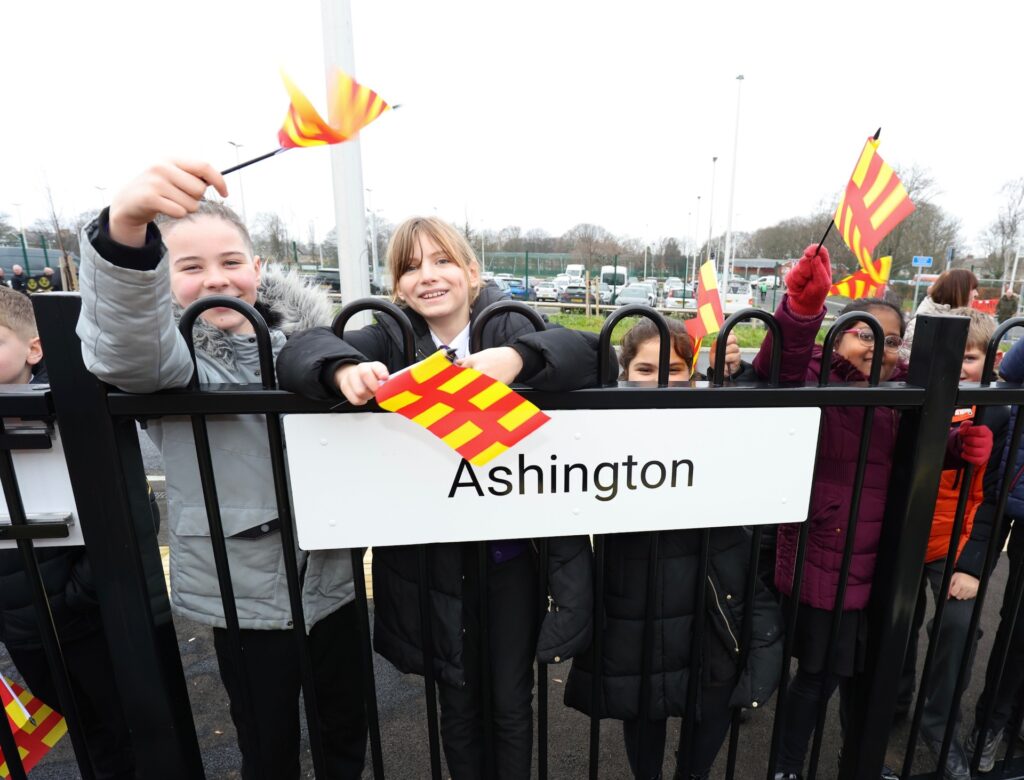
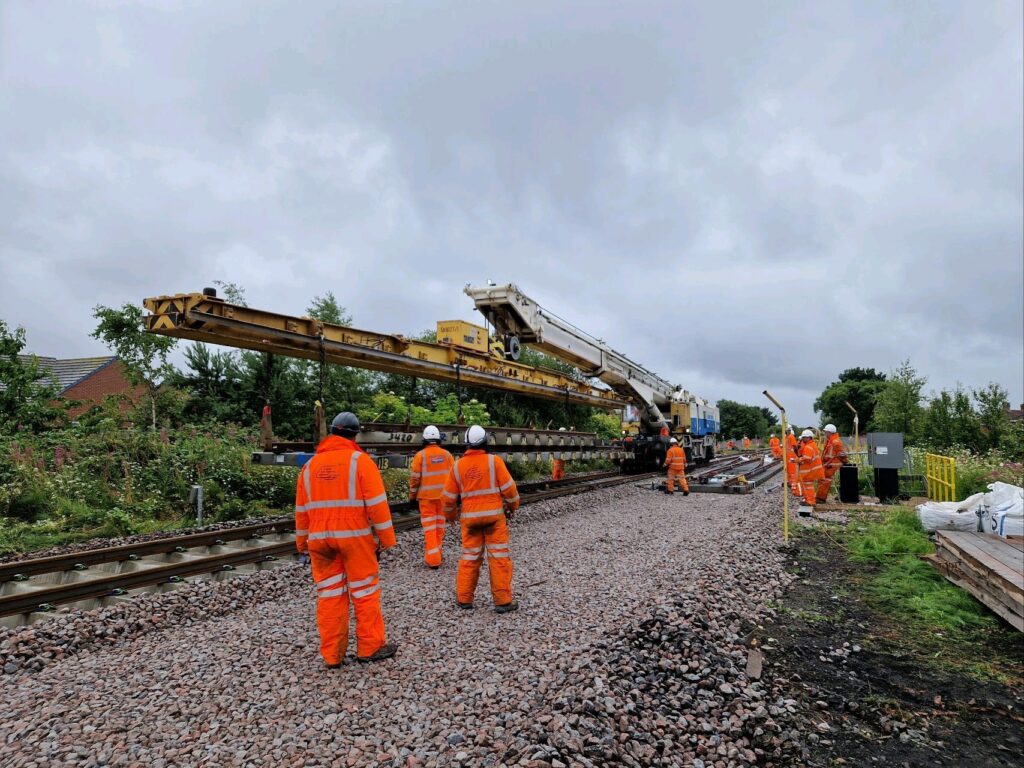
A renewed vision for rail
The discussions at TransCityRail North underscored what many of us already know: rail is fundamental to the North’s economic future. With strong local leadership, long-term funding settlements for Combined Authorities and an ambitious pipeline of projects and programmes, the region is demonstrating what successful, locally led delivery can look like.
The Northumberland Line is a clear example of what’s possible when local leadership, government and industry work together in genuine partnership. Since opening, it has carried more than 800,000 passengers, transforming access to jobs and opportunity for communities that have faced long-term economic disadvantage. Hearing personal stories from people now using the line every day is a powerful reminder of why getting delivery right matters.
The next step is to build on that success. Backed by new investment and local ambition, the North now has the chance to show what credible, community-focused delivery looks like. By planning smarter and working together, we can restore confidence in rail and deliver projects that create lasting benefits for people and places across the region.
Watch the full panel below. You can also read more about AECOM’s role on the Northumberland Line here.






